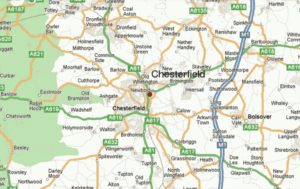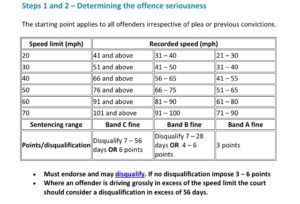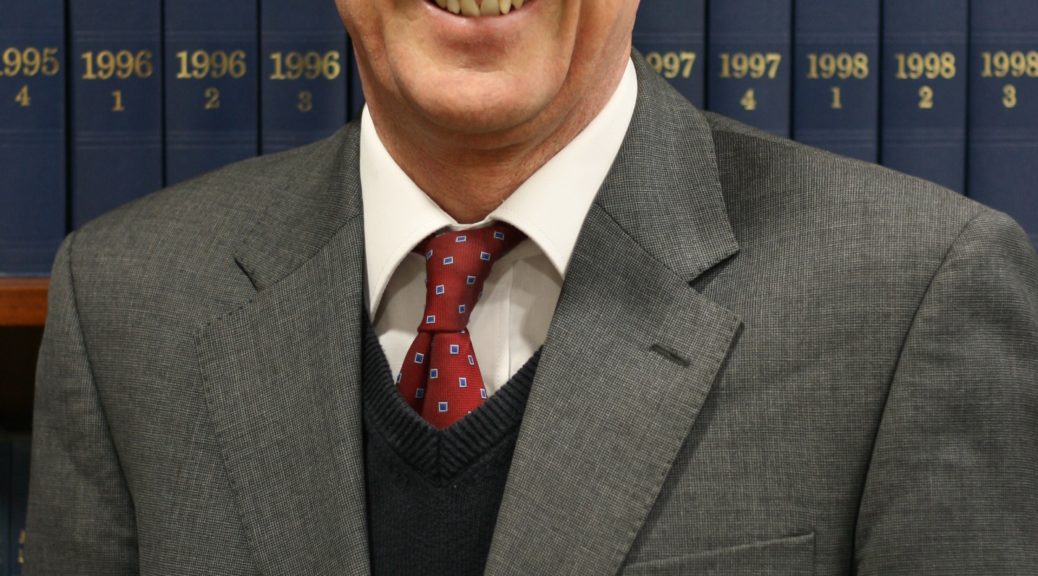The government has passed legislation which permits for the first time a new traffic camera which will assist in catching those motorists using closed lanes on the motorway network.
Enforcement of red x offences
The Secretary of State grants type approval only to devices that have a high degree of accuracy and reliability in performance. This is assessed through rigorous testing by the Counter-Terrorism and Security Division of Defence Science and Technology Laboratory (Dstl), formerly the Home Office Centre for Applied Science and Technology (CAST), and the police in the field.
Testing ensures that all devices are robust, reliable in operation and can produce accurate readings or images under a variety of extreme conditions. The courts and public at large can, therefore, rely on the evidence they produce.
So-called ‘smart motorways’ increase road capacity by converting what used to be the hard shoulder into a fully functioning traffic lane. If a car does breaks down and needs to utilise that lane, a red X sign is displayed to signal to motorists approaching that the lane is closed.
Regrettably, and somewhat puzzling, is the high number of motorists who ignore the lane closure, placing themselves and others at immense risk of death or injury.
Research suggests that up to 1 in 5 motorists ignore the red x restrictions.
How will the new cameras work?
From June 2019 the new camera will capture the number plates of offending motorists committing red x offences, and significantly will be admissible as evidence in court – this is likely to lead to a dramatic increase in the number of people being given fixed penalties of a £100 fine and 3 penalty points.
Highways England has been working with manufacturers to modify the existing REDFLEXhadecs3 speed enforcement device to prosecute Red X and speed offences simultaneously. This has been developed primarily for the English motorway network.
This device will be used to prove an offence under section 36(1) of the Road Traffic Act 1988 consisting in the failure to comply with an indication given by a light signal that vehicular traffic is not to proceed and/or an offence under section 36(1) of that Act consisting in the failure to comply with an indication given by a light signal to vehicular traffic not to enter, or proceed in, a traffic lane.
It can also be used to prove an offence under section 17(4) of the Road Traffic Regulation Act 1984 consisting in a contravention of regulation 9 of the Motorways Traffic (England and Wales) Regulations 1982 (restriction on the use of hard shoulders) by the driving of a vehicle on the hard shoulder of a motorway.
Contact an expert motoring law solicitor
Our motoring team has extensive experience of dealing with cases right up to the Court of Appeal and geography will not be a bar to instructing us. We will travel anywhere in the country to protect a motorist’s driving licence.
We will always investigate the circumstances of your case and see whether legal aid is available for your free representation in your motoring law case before the Magistrates’ Court. You can read more about the legal aid scheme here.
If you are not eligible than we will provide representation in your road traffic case for a fixed fee. This will allow you to know about and budget for the cost of your legal fees. You can read about these fees here.
You can find your nearest office here. Alternatively you can use the contact form below.







